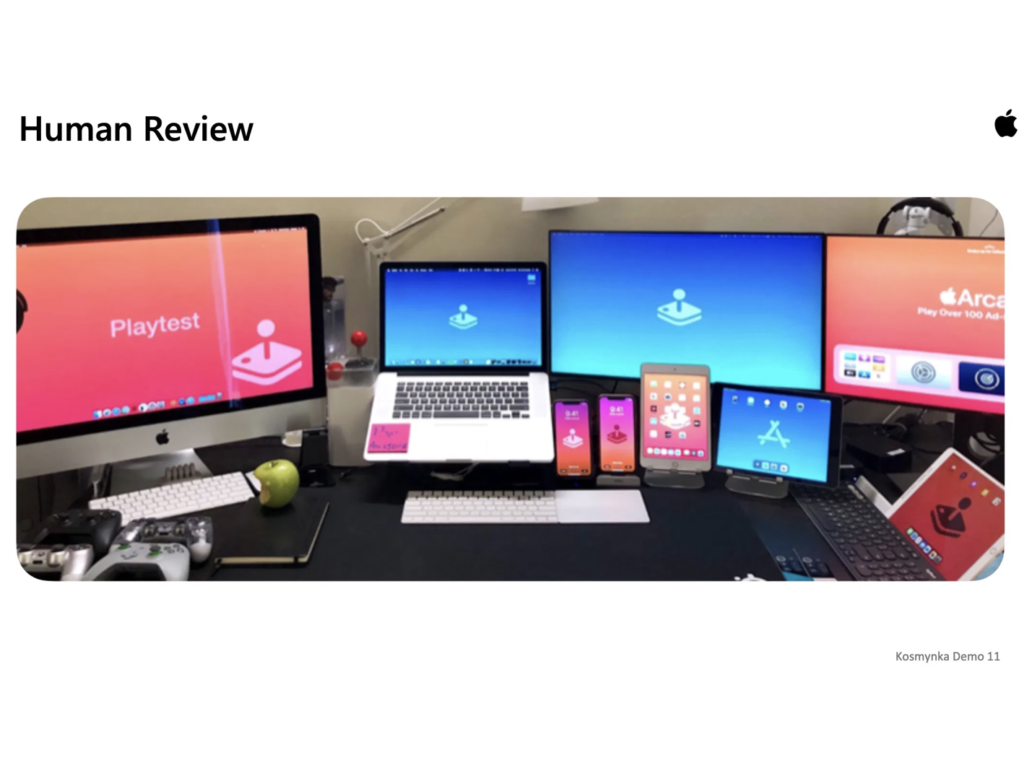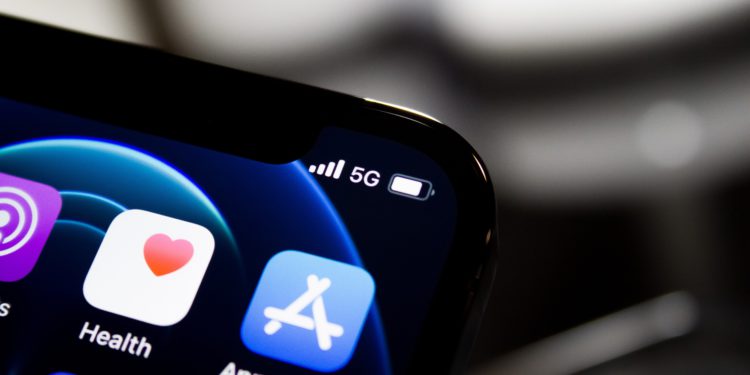As the Epic Games vs. Apple lawsuit progresses, we're learning more and more details about internal discussions within the two companies about their business models and more. With the testimony of Trystan Kosmynka, one of the heads of the App Store, more information about the App Store review process was revealed.
In a new document filed at the hearing, Kosmynka stated that about 5 million apps are submitted to the App Store each year and that the app rejection rate is less than 40%. In 2019, 4,808,685 apps were submitted to the App Store review process, with 36% of them—1,747,278—being rejected. Of those rejected apps, Kosmynka said, about 215,000 violated Apple's privacy policies in some way. Every application submitted to the App Store first goes through static and dynamic analysis to determine if the app violates App Store rules or uses private APIs.
App Store Review: Team has access to multiple Apple devices
Another step is to check if the app is similar to any other app available on the App Store to avoid fraud or imitation. Then there is the human review process, where over 500 people work to review around 100,000 apps every week.

As you can see in the pictures, they have access to several Apple devices to test the apps. If an app is rejected, Apple notifies the developer about the reasons why the app was not approved for the App Store.

The developer can either resubmit the app after fixing the bugs identified by Apple or contact the company to request an appeal of the rejection. However, Kosmynka says fewer than 11% of developers appeal a rejection.
It's about data protection and security
Apple has been widely criticized for how it handles third-party apps on iOS, as the company is accused of using its power with the App Store to its own advantage and harm potential competitors. While Apple says it is concerned about privacy and security, one of Epic's arguments is that the company does not review every app submitted to the store, as scam apps exist there too. Emails released during App Store VP Matt Fischer's testimony revealed that Apple gives some major developers and companies, including Hulu, access to special APIs. At the same time, Epic is struggling to prove in court that the App Store's system of in-app purchases is an abuse of monopoly power, a recent analysis of the case describes. (Photo by Unsplash / James Yarema)





